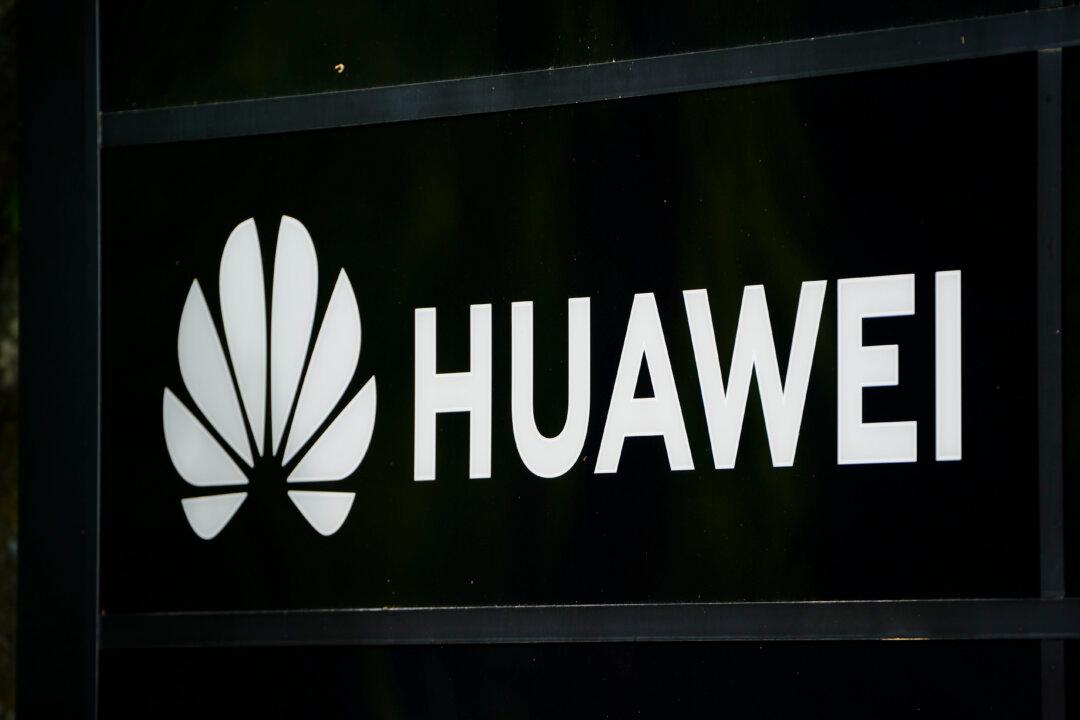The University of Waterloo will distance itself from Chinese tech giant Huawei after its contract runs out this year to “safeguard scientific research” at the school, the university’s Vice-President for Research Charmaine Dean said.
Canadian Security Intelligence Service (CSIS) has warned Canadian academic institutions that research partnerships can be vehicles for espionage; they can compromise intellectual property and allow technological advancements with many applications to fall into the hands of the Chinese or other regimes.





